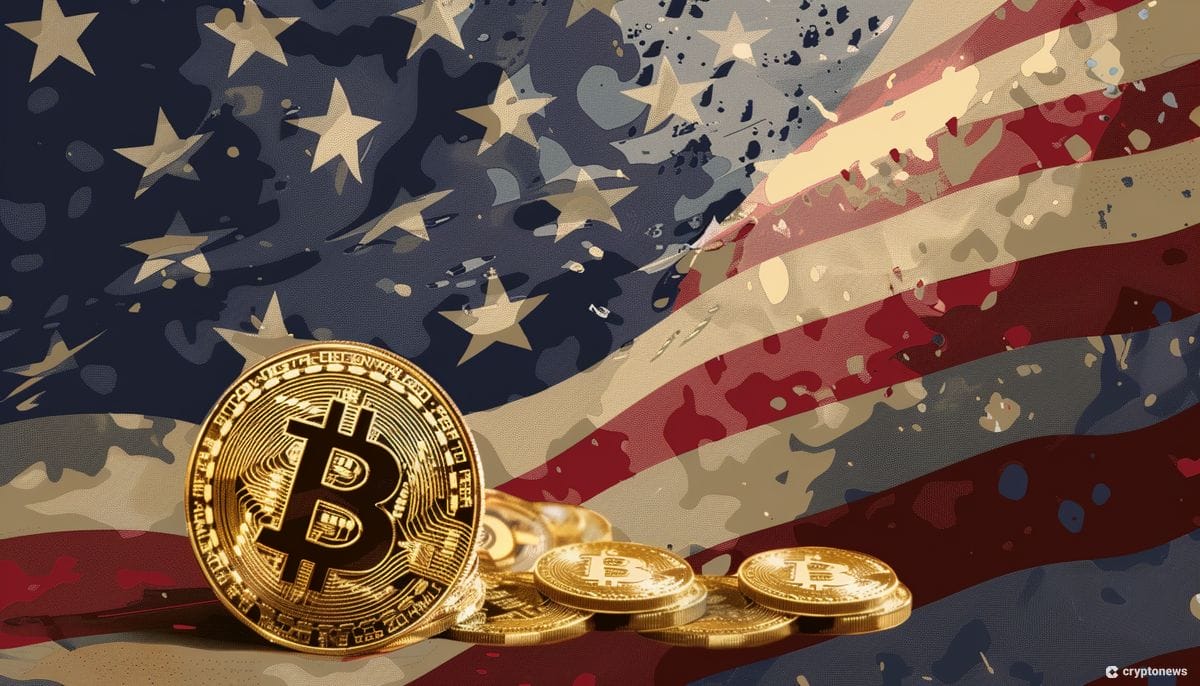US Senator Cynthia Lummis recently proposed the creation of a Bitcoin reserve to help reduce the US national debt, which exceeded $35 trillion for the first time. Lummis believes that a strategic Bitcoin reserve could play a crucial role in paying down the debt for future generations. She has been advocating for a bill that would require the Federal Reserve to maintain Bitcoin as a strategic reserve asset, with the goal of acquiring 1 million Bitcoin over five years for a government reserve. Lummis sees this digital asset hoard as a means to strengthen the dollar’s global dominance and secure the country’s economic future.
Lummis publicly announced the details of her proposed bill at the Bitcoin 2024 conference, emphasizing the importance of diversifying into Bitcoin to address the nation’s escalating debt and inflation rates. She believes that families across Wyoming and the US are struggling to cope with soaring costs while the national debt continues to rise to unprecedented levels. In Lummis’ view, securing a strategic Bitcoin reserve could help create a brighter future for generations of Americans by providing economic stability and reducing the debt burden on future citizens.
Although Lummis has been vocal in her support for a Bitcoin reserve, not everyone shares her viewpoint. Former President Donald Trump, speaking at the same conference, did not commit to establishing an official Bitcoin strategic reserve. Instead, Trump pledged to maintain the existing Bitcoin assets that the US government has seized over time. While he did not endorse Lummis’ proposal, Trump’s remarks suggest a willingness to retain the country’s Bitcoin holdings as part of its asset portfolio.
The debate over whether the US should establish a Bitcoin reserve highlights the growing interest in cryptocurrencies as an alternative asset class. Proponents like Lummis argue that Bitcoin offers a hedge against inflation and a means to diversify the country’s financial reserves. By acquiring a significant amount of Bitcoin, the government could potentially reduce its reliance on traditional fiat currencies and strengthen the dollar’s global standing. However, critics raise concerns about the volatility and regulatory uncertainty surrounding cryptocurrencies, questioning their suitability as a reserve asset.
As the national debt continues to climb and economic challenges persist, the idea of a Bitcoin reserve has captured the attention of policymakers and financial experts. While Lummis’ proposal may face obstacles in Congress, the ongoing discussion underscores the evolving role of cryptocurrencies in the global financial landscape. Whether the US ultimately adopts a Bitcoin reserve remains to be seen, but the debate surrounding this issue reflects the growing importance of digital assets in shaping the future of finance and economic policy.





















